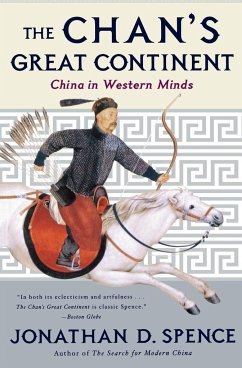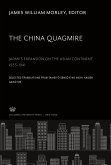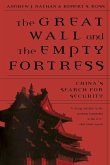China has transfixed the West since the earliest contacts between these civilizations. With his characteristic elegance and insight, Jonathan Spence explores how the West has understood China over seven centuries. Ranging from Marco Polo's own depiction of China and the mighty Khan, Kublai, in the 1270s to the China sightings of three twentieth-century writers of acknowledged genius-Kafka, Borges, and Calvino-Spence conveys Western thought on China through a remarkable array of expression. Peopling Spence's account are Iberian adventurers, Enlightenment thinkers, spinners of the dreamy cult of Chinoiserie, and American observers such as Bret Harte, Mark Twain, Ezra Pound, and Eugene O'Neill. Taken together, these China sightings tell us as much about the self-image of the West as about China. "Wonderful. . . . Spence brilliantly demonstrates [how] generation after generation of Westerners [have] asked themselves, 'What is it . . . that held this astonishing, diverse, and immensely populous land together?' "--New York Times Book Review








